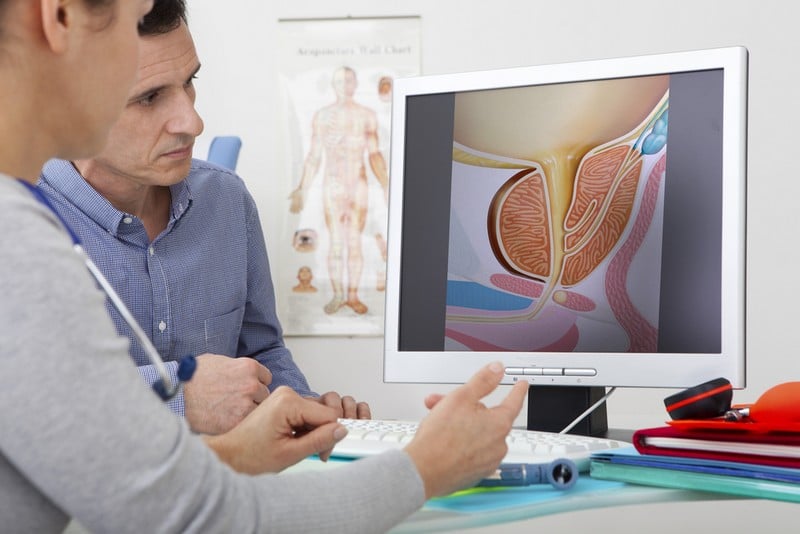Urinary incontinence refers to the condition where an individual loses control of their bladder. In some situations, the bladder’s contents may empty; on the other hand, some may experience minor leakage. Depending on the trigger or cause, it could either be a temporary occurrence or a permanent disorder. It’s a relatively common condition among Americans, with millions experiencing urinary incontinence. It also impacts women more than men, with a ratio of two-to-one.
However, the disorder can impact anyone and can be triggered by many different things. For example, as people age, the muscles that support the bladder begin to weaken, which may result in urinary incontinence. Some health conditions may also cause it, with symptoms ranging from mild and infrequent to severe. In some cases, it can even indicate enlarged prostates, infections, kidney stones, and cancer, among other underlying diseases that may require immediate treatment.
Those who experience episodes of urinary incontinence are advised to schedule appointments with their healthcare providers, as it can potentially interfere with daily life or be a sign of a more serious medical problem. With the early diagnosis and treatment of the condition, you’ll be able to speed up recovery and avoid any further complications.
Enlarged Prostate

Prostate enlargement, or benign prostatic hyperplasia, can occur when the prostate gland’s cells start to multiply. With the additional cells, the organ can swell, squeezing your urethra and limiting urine flow. While BPH isn’t prostate cancer, nor does it increase the risk of developing the disease, it may trigger symptoms that affect your daily life. It’s also considered to be normal for aging. Although its specific causes have yet to be determined, it’s believed that hormonal changes could be a significant factor.
The symptoms of an enlarged prostate often begin mild. However, it’s possible for them to increase in severity if they’re not treated. Some symptoms that may accompany BPH include incomplete emptying of the bladder, nocturia, urine leakage or incontinence, straining during urination, weakened urinary stream, sudden and frequent urination urges, and painful urination. It’s also possible for blood to be in your urine.
Treating BPH usually begins with lifestyle changes and adjustments. Medications like alpha-1 blockers, hormone reduction, and antibiotics may be needed if they’re not enough to address their symptoms. In more serious cases, surgical procedures will have to be performed to treat the condition, such as water-induced thermotherapy, transurethral microwave, simple prostatectomy, and transurethral prostate resection.










